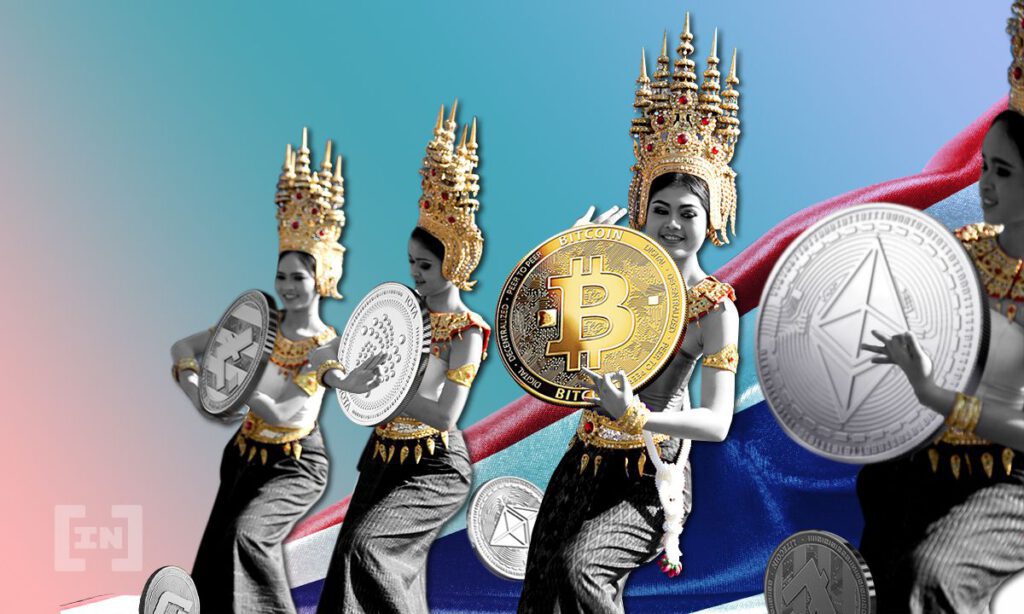Financial regulators in Thailand are on the crypto warpath and their target is Bitkub, the country’s largest digital asset exchange, and not for the first time.
For the second time in a month, Thailand’s Securities and Exchange Commission has targeted Bitkub, the Kingdom’s largest crypto exchange.
According to a Sept. 27 notice (translated), the SEC is taking legal action against Bitkub and two individuals for “creating artificial volumes of digital assets” on the platform. This is often referred to as ‘wash trading’ which is a process whereby investors buy and sell the same assets at the same time in order to manipulate the market by inflating volumes.
The lawsuit, filed in a civil court, seeks a civil fine and expenses of around $634,000 from the firm, Anurak Chuachai, and Sakon Srakawee, and includes a six-month trading prohibition for the pair.
Repeated penalties for Bitkub
In a second case relating to Satang Corporation, the SEC took action against two individuals demanding a fine of around $317,000 for similar volume manipulation.
According to CoinGecko, Bitkub has a daily volume of $62 million making it the most popular digital asset exchange in Thailand. The exchange offers 75 coins and trading pairs, the most popular being Tether to Thai Baht (USDT/THB).
It is not the first time the SEC has taken action against Bitkub. In late August, Bitkub Chief Technology Officer, Samret Wajanasathian, was ordered to pay a fine of around $235,000 for insider trading.
In May, the securities regulator slammed Bitkub and five members of its digital asset selection committee with fines for non-compliance with its digital asset listing rules. The $65,000 fine was for an alleged conflict of interest when the exchange listed its own native token, KUB.
Perhaps the biggest blow to Bitkub was when Thailand’s oldest bank (Siam Commercial Bank) pulled out of a $500 million deal to purchase a 51% stake in the company in August. The bank cited regulatory concerns over its decision.
Mixed signals for crypto in Thailand
Crypto trading and investing are extremely popular in Thailand but the central bank and military government-backed financial regulators have other ideas.
The SEC has been tightening the screws on crypto companies lately and central bank bosses have reiterated their stance that digital assets are not legal tender and not to be used for payments.
Meanwhile, the Thai tourism ministry is trying to tout the country as crypto-friendly in an effort to recover the heavily battered tourism sector.
Disclaimer
All the information contained on our website is published in good faith and for general information purposes only. Any action the reader takes upon the information found on our website is strictly at their own risk.


